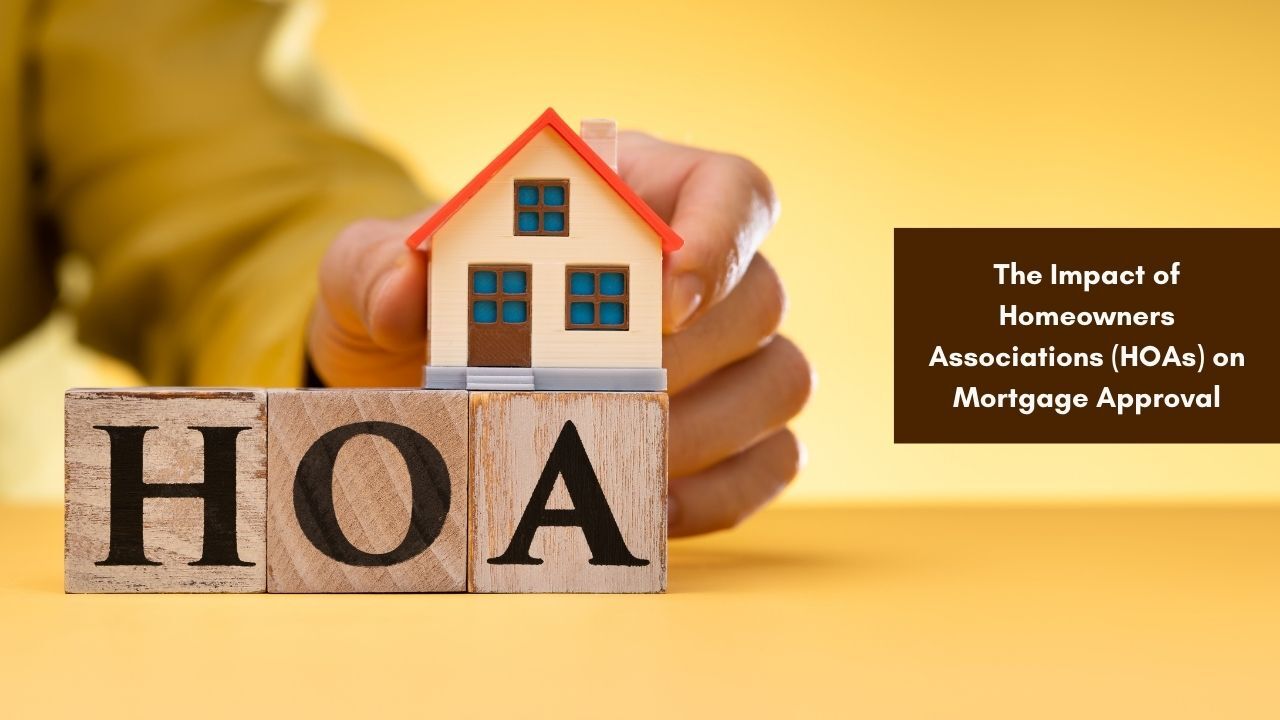Explaining Mortgage Options for Self-Employed Borrowers with Irregular Income
 Securing a mortgage can be challenging for self-employed borrowers, especially those with irregular income. Traditional lenders typically rely on W-2s and steady paychecks to assess financial stability, which can make qualifying more complex for business owners, freelancers, and gig workers. However, several mortgage options cater specifically to self-employed individuals, allowing them to secure financing based on alternative income verification methods.
Securing a mortgage can be challenging for self-employed borrowers, especially those with irregular income. Traditional lenders typically rely on W-2s and steady paychecks to assess financial stability, which can make qualifying more complex for business owners, freelancers, and gig workers. However, several mortgage options cater specifically to self-employed individuals, allowing them to secure financing based on alternative income verification methods.
Challenges for Self-Employed Borrowers
Lenders evaluate mortgage applicants based on income consistency, tax returns, and debt-to-income (DTI) ratio. Self-employed borrowers often face hurdles such as:
- Fluctuating income that makes it harder to demonstrate financial stability
- Tax deductions that reduce taxable income, making it appear lower than actual earnings
- Limited W-2 documentation, requiring extensive financial paperwork
Mortgage Options for Self-Employed Borrowers
- Bank Statement Loans
Instead of tax returns, lenders assess income based on 12 to 24 months of bank statements. This is ideal for borrowers who maximize tax deductions but maintain strong cash flow. - Profit and Loss (P&L) Statement Loans
Some lenders allow a CPA-prepared profit and loss statement to verify income instead of tax returns. This works well for borrowers with significant write-offs. - Debt Service Coverage Ratio (DSCR) Loans
For real estate investors, DSCR loans focus on a property’s income rather than the borrower’s personal income. This allows investors to qualify based on rental cash flow. - No-Doc and Stated Income Loans
Certain lenders offer no-documentation or stated-income loans, though they often come with higher interest rates and larger down payment requirements. - Traditional Loans with Adjusted Documentation
Self-employed borrowers may still qualify for conventional or government-backed loans (FHA, VA, USDA) by providing two years of tax returns, business financials, and additional documentation.
Improving Mortgage Eligibility
- Maintain strong credit, as a higher credit score can help offset income variability
- Show consistent deposits in bank statements to strengthen income verification
- Lower the debt-to-income ratio by paying down existing debts
- Work with lenders who specialize in self-employed borrowers and alternative income verification
While self-employed borrowers may face extra hurdles, there are plenty of mortgage options designed to accommodate irregular income. By understanding these loan programs and preparing documentation strategically, self-employed individuals can successfully secure home financing.

 When purchasing a home in a community with a Homeowner’s Association (HOA), it’s important to understand how this organization can impact your mortgage approval. While HOAs provide benefits like maintaining neighborhood amenities and enforcing community standards, they also add financial obligations that lenders consider when evaluating your loan application.
When purchasing a home in a community with a Homeowner’s Association (HOA), it’s important to understand how this organization can impact your mortgage approval. While HOAs provide benefits like maintaining neighborhood amenities and enforcing community standards, they also add financial obligations that lenders consider when evaluating your loan application. Buying a home is a major financial milestone, and saving for a down payment can be one of the biggest challenges. If you’re struggling to gather the necessary funds, you might be considering using your 401(k) retirement savings to cover the cost. While this option is available, it’s essential to weigh the potential benefits and risks before making a decision.
Buying a home is a major financial milestone, and saving for a down payment can be one of the biggest challenges. If you’re struggling to gather the necessary funds, you might be considering using your 401(k) retirement savings to cover the cost. While this option is available, it’s essential to weigh the potential benefits and risks before making a decision.